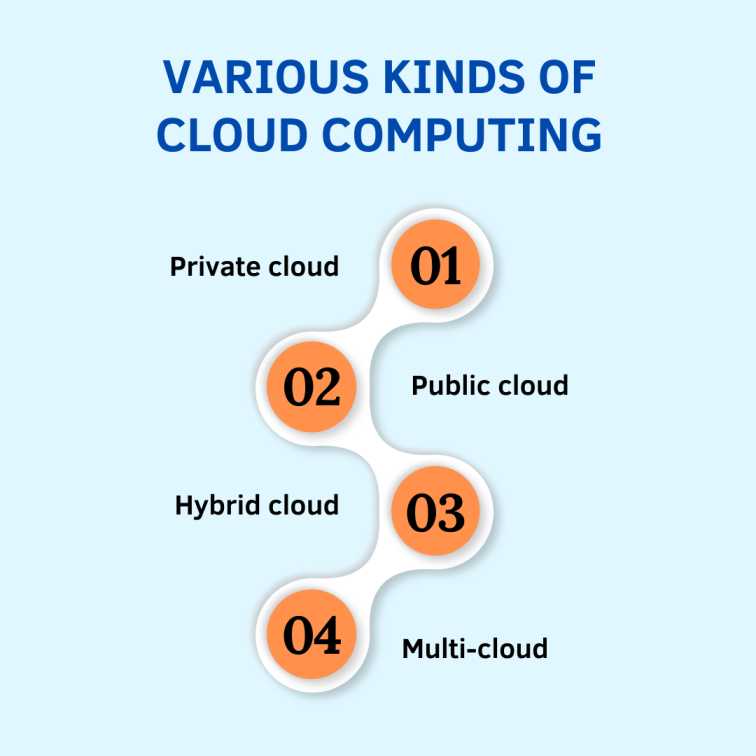Demand for cloud technologies
In today’s rapidly evolving digital landscape, organisations are increasingly relying on cloud technologies to drive growth and enhance operational efficiency. As the demand for cloud solutions continues to soar, corporate entities are recognising the need to equip their workforce with the necessary skills to leverage these technologies effectively. This blog lets one explore how corporate Azure developer training programmes can empower employees with cloud development skills and how businesses can harness the power of Microsoft Azure to drive profits.
Role of corporate Azure developer training
Corporate Azure developer training programmes offer comprehensive learning experiences that enable professionals to gain expertise in developing, deploying, and maintaining cloud applications using Microsoft Azure. These programmes provide individuals with a strong foundation in cloud computing principles, infrastructure management, and application development techniques specific to the Azure platform.
Benefits of cloud development skills for corporates
Let us now learn in detail the benefits of cloud development skills for employees or corporates in today’s digital world:
Increased agility
By upskilling employees through Azure developer training, corporates can achieve greater agility in responding to market demands. Moreover, it can remain competitive in a dynamic business environment. Cloud-based solutions enable rapid deployment and scalability, allowing organisations to quickly adapt their applications to changing customer needs.
Cost optimisation
Cloud computing eliminates the need for extensive on-premises infrastructure investments, reducing capital expenditure while ensuring efficient resource utilisation. With cloud development skills, employees can optimise costs by designing and implementing scalable applications that dynamically help fix resources based on demand.
Enhanced security
Microsoft Azure offers robust security measures that protect valuable corporate data from potential threats. Professionals trained in Azure development understand how to safeguard critical business information from unauthorised access or data breaches, with the help of cloud technologies.
Seamless collaboration
The collaborative nature of cloud platforms enables teams across different locations and departments to work together seamlessly. Cloud development skills can help professionals leverage Azure’s collaborative features such as shared storage and integrated DevOps tools, fostering collaboration within organisations and driving productivity.
Scalable infrastructure
Azure’s scalability allows businesses to respond swiftly to changing demands without compromising on performance or customer experience. By equipping the workforce with Azure developer skills, corporates can ensure efficient management of resources, enabling them to scale up or down as per requirements and avoid unnecessary costs associated with underutilised infrastructure.
Real-world examples of corporate success
Let’s explore two real-world examples of how corporates have leveraged Azure developer training to drive profits:
1. Financial services industry
BNY Mellon, a global banking institution, trained its developers in Azure development to modernise their legacy systems and enhance customer experiences. By migrating critical applications to Azure, they achieved greater scalability, improved performance, and reduced costs associated with managing on-premises infrastructure. As a result, they were able to offer innovative digital banking services, attract new customers, and increase profitability (src: linkedin.com).
2. eCommerce sector
Walmart, an eCommerce giant, invested in corporate Azure developer training for its technical teams to optimise its online platforms’ performance during peak shopping seasons. With advanced knowledge of Azure’s caching techniques and load-balancing capabilities, their developers ensured smooth website operations even under heavy user traffic. This resulted in increased customer satisfaction, higher conversion rates, and ultimately boosted revenue (src: forbes.com)
Go for corporate Azure developer training
As cloud computing continues to revolutionise businesses across industries, corporate entities must invest in the right training programmes to equip their workforce with the necessary skills. Corporate Azure developer training offers professionals an opportunity to gain expertise in cloud development using Microsoft Azure, enabling corporates to leverage the power of the cloud to drive profits.
If you’re interested in enhancing your skills as an Azure developer associate or exploring career opportunities in this field, consider enrolling in Imarticus Learning’s comprehensive online course on Azure development. Our programme covers all the essential concepts and practical skills required to become proficient in Azure development.





 With this competitive business, learners will have all they need by getting certified through our program.
With this competitive business, learners will have all they need by getting certified through our program.